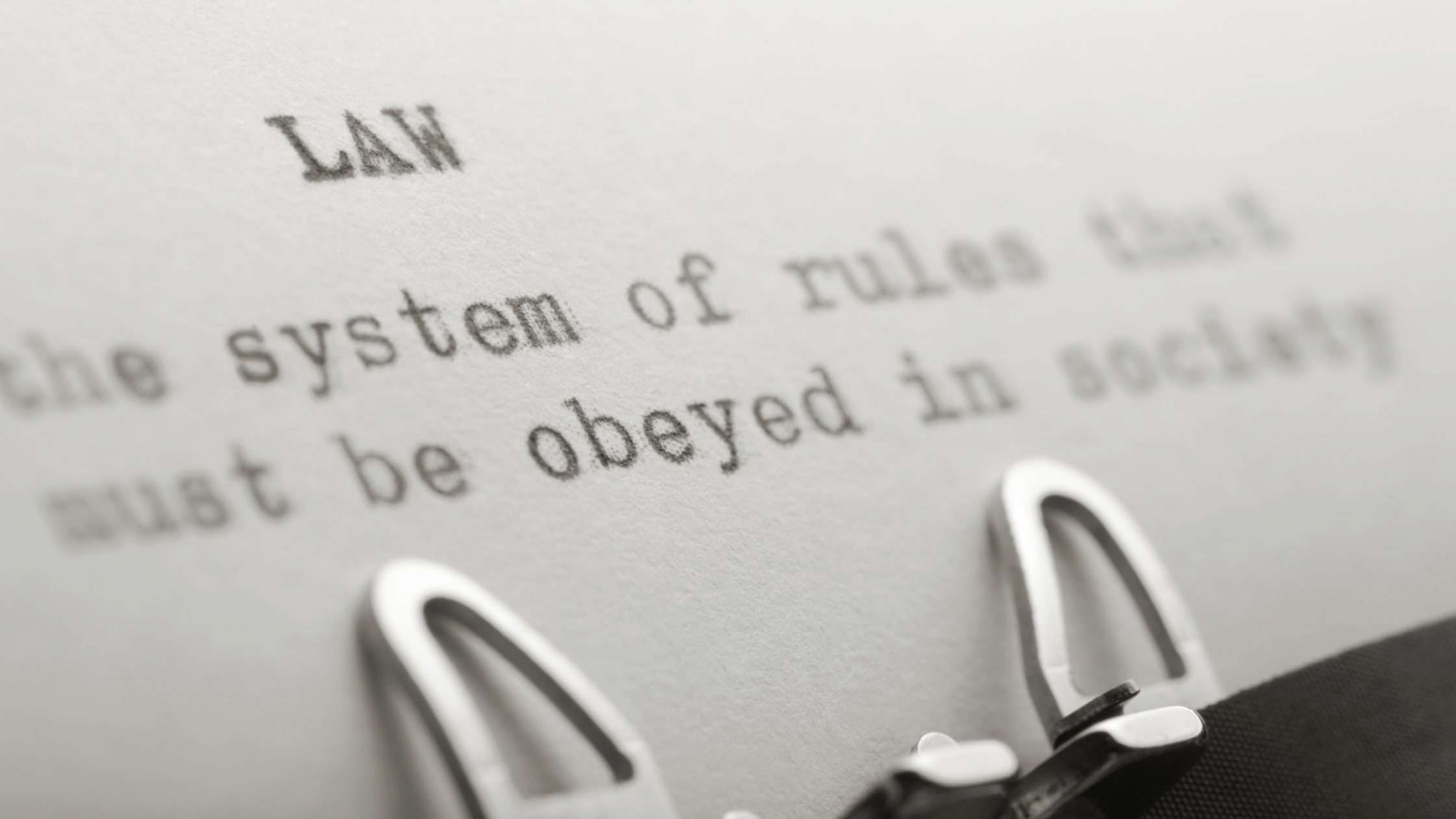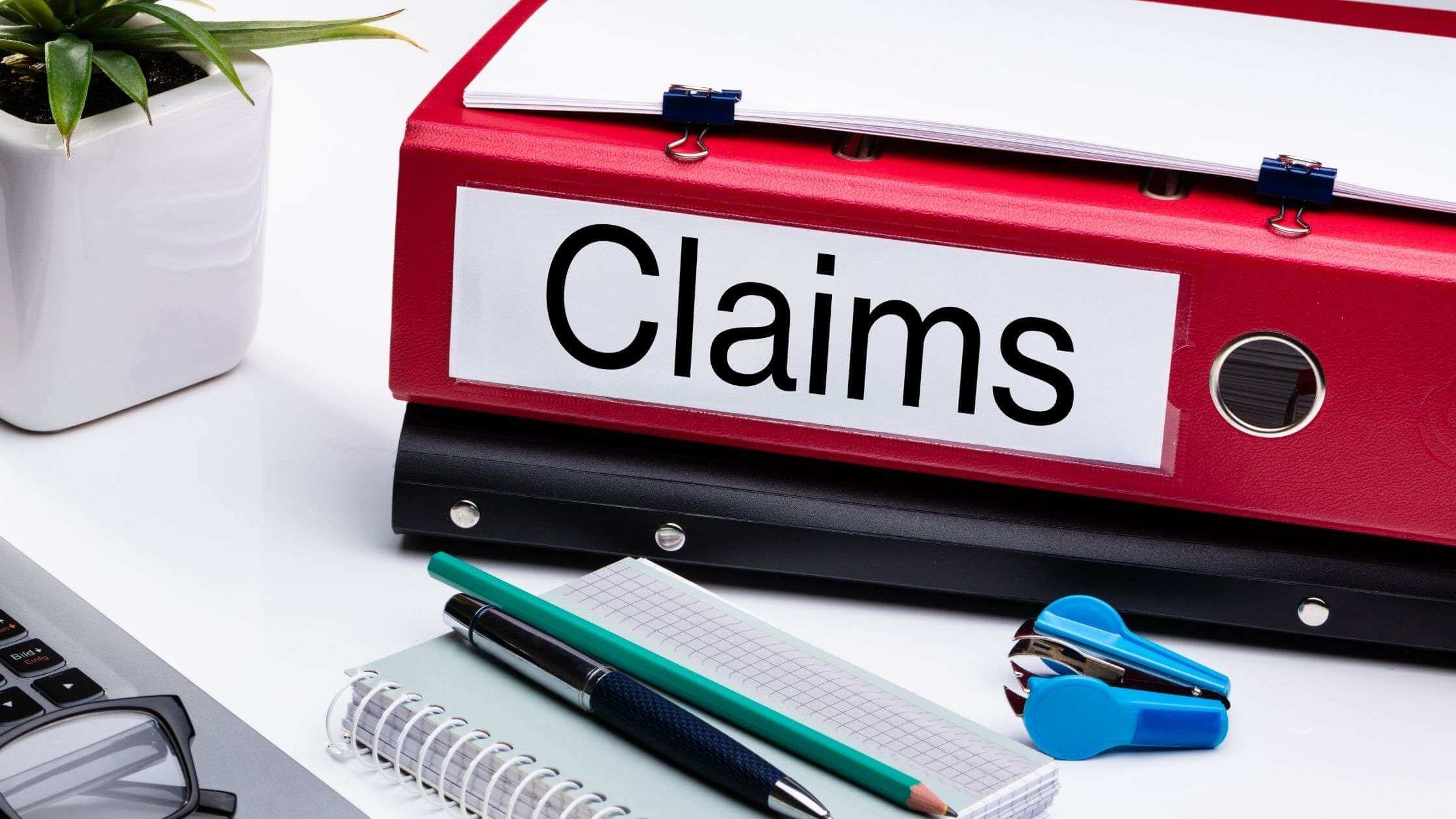Can Text Messages be Used in Court? A Close Look
Can text messages be used in court as evidence? More documents are created electronically than in any other fashion. Electronic devices are everywhere. Office computers, personal computers, laptops, tablets, phones, personal electronic assistants, video doorbells, and even some cars, televisions, and refrigerators can generate, transmit, and store numerous amounts of data, including text messages. Many …










